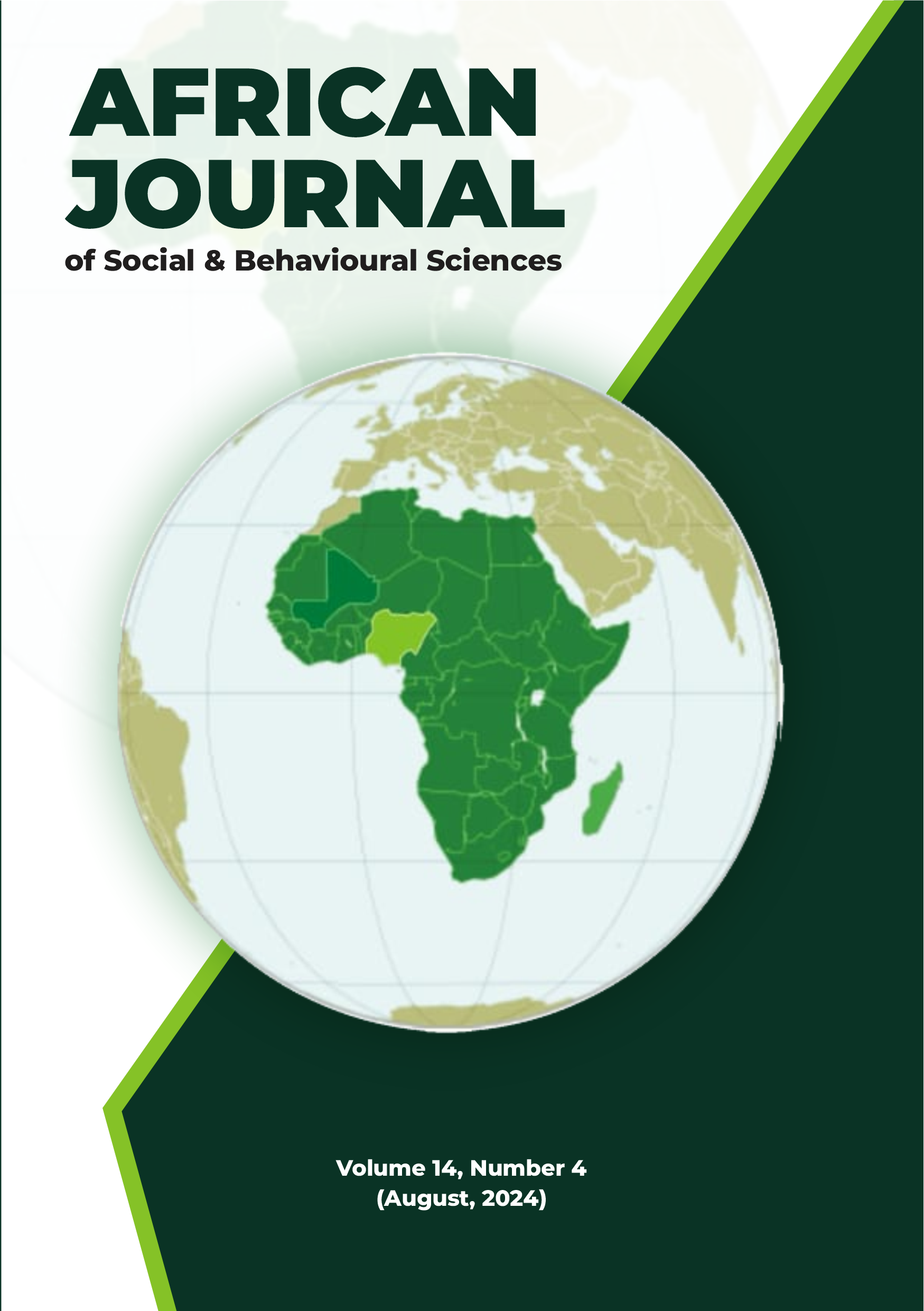EMPLOYEE WELL-BEING AS CORRELATE OF ETHICAL LEADERSHIP WITH THE MEDIATING ROLE OF JOB SATISFACTION AND EMPLOYEE VOICE – AN EMPIRICAL ANALYSIS AMONG SELECTED FINANCIAL SECTOR WORKERS IN LAGOS, NIGERIA
Keywords:
Ethical Leadership, Employee Well-being, Job Satisfaction, Employee VoiceAbstract
This study investigates the influence of ethical leadership on employee wellbeing while considering the mediating roles of job satisfaction and employee voice among selected workers of financial sector workplaces in Lagos metropolis, Nigeria. Ethical leadership, characterized by integrity, fairness, and transparency, is increasingly recognized as a crucial factor in shaping positive employee outcomes. Based on the social exchange theory of George Homan, this study employs a mixed design of ex-post-facto and cross-sectional survey techniques to collect data from 372 employees across various commercial banks sampled for the study. The findings revealed a significant positive relationship between ethical leadership and employee well-being, aptly mediated by job satisfaction and employee voice. It was also established that ethical leadership enhances job satisfaction and encourages employee voice, which collectively contributes to improved well-being. This study underscores the importance of ethical leadership in fostering a supportive work environment that promotes the holistic well-being of employees in the financial sector and similar workplaces.


